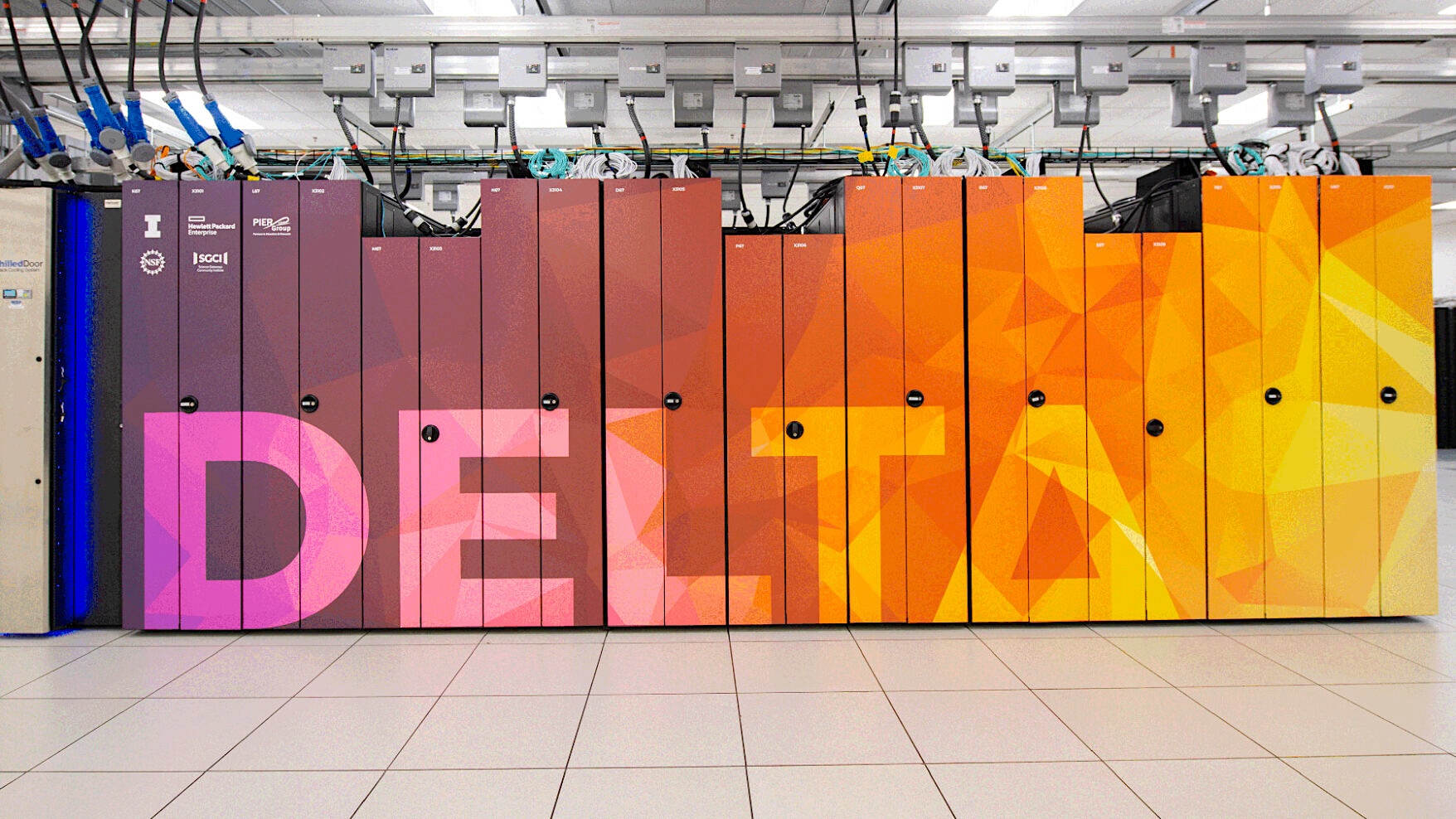Furong Huang Part of New Federal Initiative to Advance AI
Furong Huang, an assistant professor of computer science, is part of a new federal initiative that provides powerful computing resources to researchers focused on innovative science and scholarship involving artificial intelligence (AI).
Huang, who has a joint appointment in the University of Maryland Institute for Advanced Computer Studies, is leading one of only 35 projects nationwide selected for the National Artificial Intelligence Research Resource (NAIRR) program.
NAIRR is a joint effort between the U.S. National Science Foundation (NSF) and the Department of Energy. It provides computational resources to U.S. researchers exploring topics like deepfake detection, advanced AI safety, next-generation medical diagnoses, and other critical AI priorities.
“NAIRR is driven by the need to advance responsible AI research and broaden access to cutting-edge resources needed for AI research,” said NSF Director Sethuraman Panchanathan in announcing the pilot program on May 6. “It symbolizes a firm stride toward democratizing access to vital AI tools across talented communities, all of whom are working to unlock the full potential of AI for the benefit of humanity and society.”
For the NAIRR project, Huang is working with her graduate students to develop and test novel technologies and protocols that can strengthen the ethical foundations of AI.
Her team will focus on three key areas: detecting AI-generated content to fight misinformation, protecting intellectual property rights to ensure fairness in AI-created works, and building reliable foundation models for better collaboration between humans and AI.
“I am deeply honored to receive the NAIRR Pilot grant, which significantly enhances our computing capabilities,” Huang says. “This support allows us to expand our research from small-scale prototypes to developing robust, trustworthy AI foundation models. It's a transformative opportunity for my team to contribute meaningfully to the field of responsible AI.”
Huang’s team has been allotted 20,000 GPU hours on the National Center for Supercomputing Applications’ supercomputer Delta, located at the University of Illinois Urbana-Champaign. Delta supports researchers across the nation by providing substantial computing power and facilitating the movement of large amounts of data within the system, aiding in the resolution of significant research inquiries. 
Using these powerful computing resources, the UMD researchers aim to create solid methods and frameworks to make sure AI systems are safe, secure, and in line with human values. This effort not only addresses current concerns in the AI field, Huang says, but also sets the stage for ethical AI development in the long term, aligning with the goals of the NAIRR Pilot initiative.
In addition to her tenure-track appointment in computer science, Huang is part of the NSF-funded Institute for Trustworthy AI in Law & Society and a core faculty member in the University of Maryland Center for Machine Learning.
Huang has been the recipient of numerous research awards, including a Microsoft Accelerate Foundation Models Research Award in October 2023 for her novel work in sequential decision-making. She was also selected for MIT Technology Review’s Asia Pacific “Innovators Under 35” in 2022, an annual list recognizing 35 of the brightest young minds working in technology today.
—Story by UMIACS communications group
The Department welcomes comments, suggestions and corrections. Send email to editor [-at-] cs [dot] umd [dot] edu.
